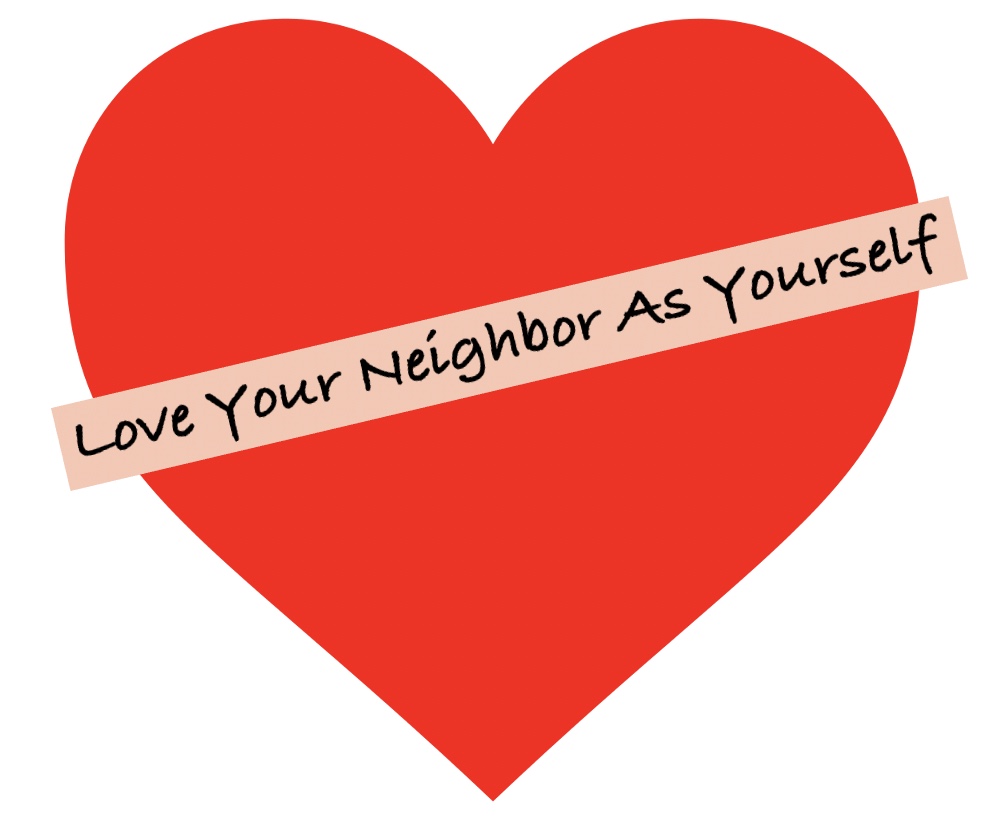Valentine’s Day is a great time to reflect on the beauty of the golden rule. This principle tells us that love is the key to morality. But love and ethics are complicated.
Morality often involves lists of do’s and don’ts. The golden rule seems to tell us how to construct such a list. It says, “Do unto others as you would have them do unto you.” A negative version says, “Don’t do to others what you don’t want them to do to you.”
But ethics is not only about do’s and don’ts. Ethics also involves a transformation of the heart. It includes character and disposition, emotion and relationship.
That’s why the most inspiring version of the golden rule focuses on love. It says, “Love your neighbor as yourself.” This links altruism and egoism. It demands that we transform self-love into love of the other. It also suggests that ethics is not only about complying with a set of rules. Attitude and orientation also matter.
It is possible, for example, to do the right thing, but with a grudge. A person who is angry or resentful about doing good is less praiseworthy than someone who is benevolent, kind, and generous. Someone who tells the truth in order to avoid a penalty for lying is less admirable than someone who is fundamentally honest.
In reality, these things are complicated. Sometimes truth can be cold and biting. And sometimes a white lie can be kind. There is a difference between lying for malicious purposes and lying for the sake of the other person.
Love demands that we consider those complexities. The golden rule orients us toward the well-being of those we love. This goes beyond obedience to a list of commandments.
Rule-following is easier than loving. And strict compliance can betray the spirit of love. Consider fidelity and adultery. A grumpy lover whose faithfulness is stubbornly obedient is less praiseworthy than a lover who is happily faithful. The loyalty of love is not supposed to be a grim duty. There should be joy in fidelity.
Or consider the duties of parenthood. There are long lists of things that parents should do (or not do) for their children. But we wouldn’t really use the word “good” to describe a parent who obeys the rules of parenting without actually loving their children.
Some critics will say that love is too weak and mushy to be a reliable guide for ethics. Erotic love is a mercurial emotion that overwhelms rational thought. Romeo and Juliet were swept away by love. But (spoiler alert!) that story does not end well.
Ethical love is more mature than adolescent infatuation. It is supposed to be steady and enduring.
Christian texts provide us with a clue. The famous account in First Corinthians tells us that love is patient, kind, trusting, and hopeful. Love should not be proud or boastful, angry or resentful.
This account of mature and stable love can be traced back to Plato, who wrote several dialogues about love. Plato thought that love should be oriented toward higher goods. Erotic love focuses on the fleeting pleasures of the body. But platonic love is spiritual. It directs us toward enduring and essential goods.
Consider again, parental love. Loving parents do not love their children because the kids are useful or fun. A parent’s love is not about the parent’s happiness or pleasure. Rather, loving parents should want their children to thrive for their own sake.
The same is true of mature romantic love. It is not merely about pleasure and desire. Nor is it about financial partnership or some other pragmatic concern. Rather, romantic love ought to be focused on the spiritual well-being of the other person.
Of course, it is easy to misunderstand love. And we often love poorly. Poetry and literature are full of tarnished love. But the golden rule encourages us to polish up the way we love.
Love is not merely about feeding the fires of selfishness and sensuous pleasure. Rather, the beauty of love is found in the way it leads us beyond ourselves. True love is for the sake of the other. It ought to make us happy and also better and wiser.





